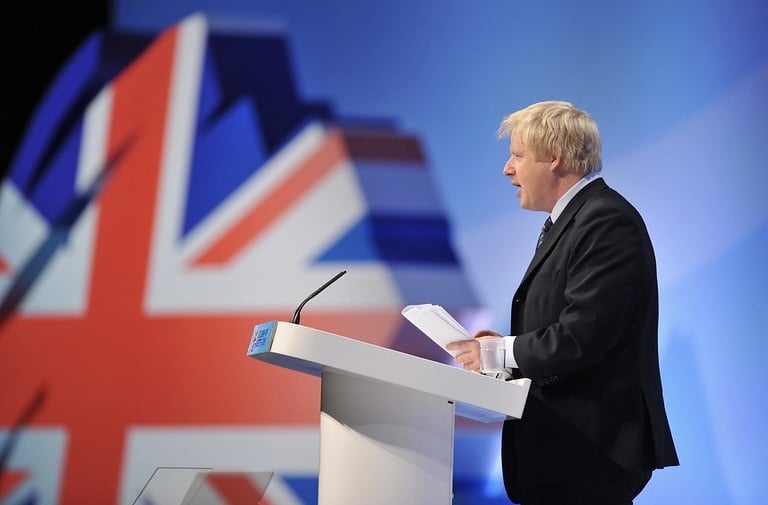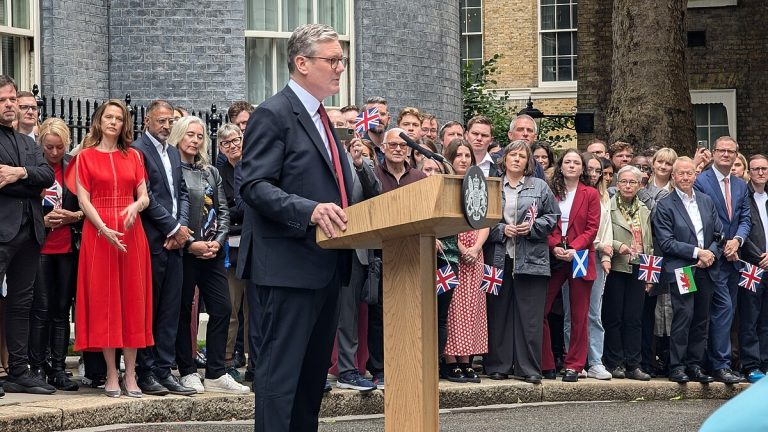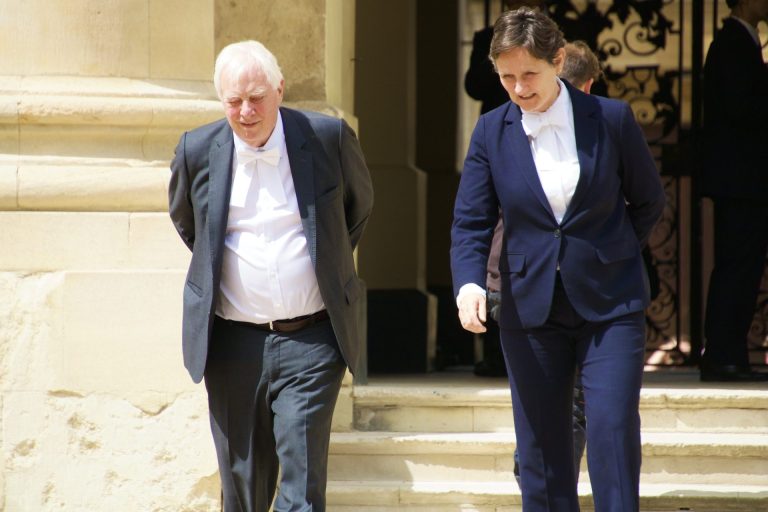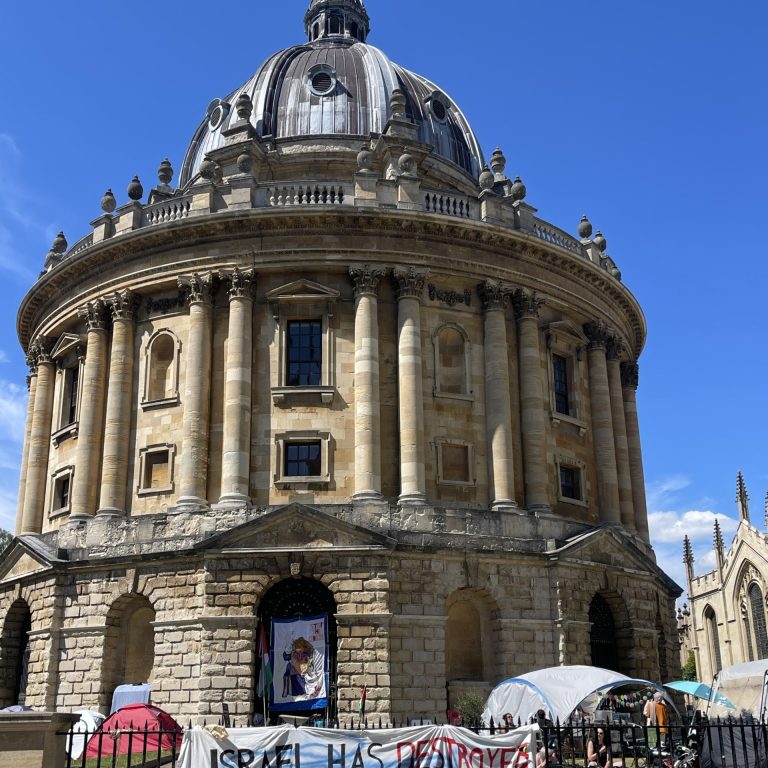“Overall, it is hard to find a comparable period in history of a Conservative, or other, government which achieved so little, or which left the country at its conclusion in a more troubling state.”
It is refreshing in this book to see the Conservative government of 2010-24 referred to in the past tense. For those of us who until last week had no memory of a Labour government, the prospect of one had begun to seem as much an anachronism as the idea of a king before 2022. Now that the “Conservative Effect”, like the Interregnum, has become merely a blip in history, the last fourteen years can be studied as a historical period. That, in any case, is the aim of this comprehensive and damning book of essays, edited by Anthony Seldon and Tom Egerton. If you only read one book on British politics this year, make it this one.
Unlike The Decade in Tory or Politics on the Edge or How They Broke Britain (all excellent reads) this book aims at complete objectivity and is written by political academics. As a consequence, it is somewhat dry and data-heavy in places, but, importantly, it has no agenda other than to evaluate the success or failure of the last administration. This has been Seldon’s aim in nearly all of his books since he wrote The Conservative Government, 1951-1955. He divides periods of government into yardsticks of the economy, health, education, the constitution, culture, etc., and by almost all of these measures the last fourteen years have been a cataclysm.
What a record! External shocks (the aftermath of the Global Financial Crash, the Eurozone crisis, COVID, Ukraine) have been frequent and damaging; but they are no excuse for the damage that has been done. “In previous periods of crisis-bred economic and geopolitical readjustment… the most impressive prime ministers have successfully taken the opportunities provided by external shocks”.
With the economy it is difficult to know where to begin. Austerity had one job – to get the economy fit after the Global Financial Crash – and it failed at this as well as at everything else, crushing the life from public services like juice from a raisin. High debt, low growth, and low interest have been the constants. If GDP per capita had continued to rise at pre-2008 levels, it would currently stand at £50,200; in reality it stands £10,000 short of that figure. And the last time wage growth was this slow, Napoleon was still alive. Much of the chaos is due to the sheer inconsistency of economic policy, and Labour’s apparent restoration of stable government is itself a mark of progress.
As far as healthcare goes, if the Tories had fulfilled their promise to increase real-term spending, things may have turned out passably. In fact, the NHS went from having its highest ever approval rating with narrowing inequalities and short waiting-lists, to its lowest ever approval ratings with gaping inequalities and endless waiting-lists. David Cameron’s 2010 promise to “cut the deficit, not the NHS” deserves to be as notorious as Chamberlain’s declaration of “peace in our time”. The service has not been modernised, and remains an “analogue system in a digital age”. COVID only exacerbated pre-existing problems; had it struck in 2010 instead of in 2020, the NHS would not have struggled as badly as it has done. For the first time in over a century, and in contrast to other countries, life expectancy has stagnated, which has had disproportionate effects on some groups over others. The “Red Wall” North now has a lower life expectancy than the South, and, a horrifying statistic about non-health inequalities, almost 1 in 3 children now live in poverty. “The UK is not a good place to be poor,” begins the chapter on social and health inequalities.
As for education, standards have outwardly improved since 2010, with more schoolchildren well-grounded in English and Maths, higher Ofsted scores, and better literacy performances in international league tables. But education is a sector which cannot be understood in terms of data and policy; it demands firsthand experience of a kind which the authors of this book lack. Anyone who has been through state education since 2010 knows that it requires a desperate overhaul; the current system is unequal, undisciplined, and anachronistic; and in effect its overarching principle remains “selection by mortgage”. What we really need is a return to the meritocracy of the Tripartite System established in 1944, but with appropriate changes to prevent the class stratification which was its unintended consequence. Also treated far too lightly in this book are tuition fees, which were trebled in 2012, and which completed New Labour’s work in abandoning the principle of free education as a right.
“A sustained period of Conservative government would normally be expected to usher in constitutional stability.” Evidently not. In fact, Brexit and Boris Johnson made a complete hash of the British constitution by such manoeuvres as the illegal prorogation of Parliament, and even the Union itself has greatly been weakened by Tory rule. English interests and preferences have been prioritised over Scottish or Northern Irish ones, and Wales too has seen the growth of a nationalist movement. These things develop very speedily: in only a fortnight since this book was published, a United Ireland has suddenly become a more real possibility, while dreams of an independent Scotland have been destroyed as thoroughly as the SNP at the ballot box.
If we leave aside the “culture wars” which the last government inflated beyond belief, there have been some successes with culture. Although arts funding suffered a 21% cut in 2010, it reflects well on the government that tax credits were given to struggling TV and film companies during COVID. Of the twelve culture secretaries, apparently the most committed and effective was Matt Hancock. (I always maintain that if not for his disastrous appointment as Health Secretary during a pandemic – a role for which he was completely out of his depth – Hancock would be remembered as one of recent years’ best Conservative ministers, not least because he personally has done an immense amount of work in promoting neurodiversity screening.)
For those who want to read something other than records of Tory failure, there are some interesting chapters on the realignment of the party system and on the Tory government of 1951-64. But the facts as a whole are not pleasant reading for any Conservative voter. A paragraph from this book’s conclusion is worth quoting:
“It is hard to see the years since 2010 as anything but disappointing. By 2024, Britain’s standing in the world was lower, the Union was less strong, the country in some respects less equal, the population less well protected, growth more sluggish with the outlook poor, public services underperforming and largely unreformed, while respect for the institutions of the British state, including the civil service, judiciary and the police, was lower, as it was for other bodies, including the universities and the BBC, repeatedly attacked not least by government, ministers and right-wing commentators.”
For a party to fail this badly in government warrants a long, long period in opposition. Already, to judge from the civil war erupting between Braverman and Badenoch, the Conservative Party will not be electable for at least two election cycles. It is unlikely that there will be anything resembling the Whig Supremacy of 1714-60, when the Tories were in the political wilderness for 46 years – but we can hope.











